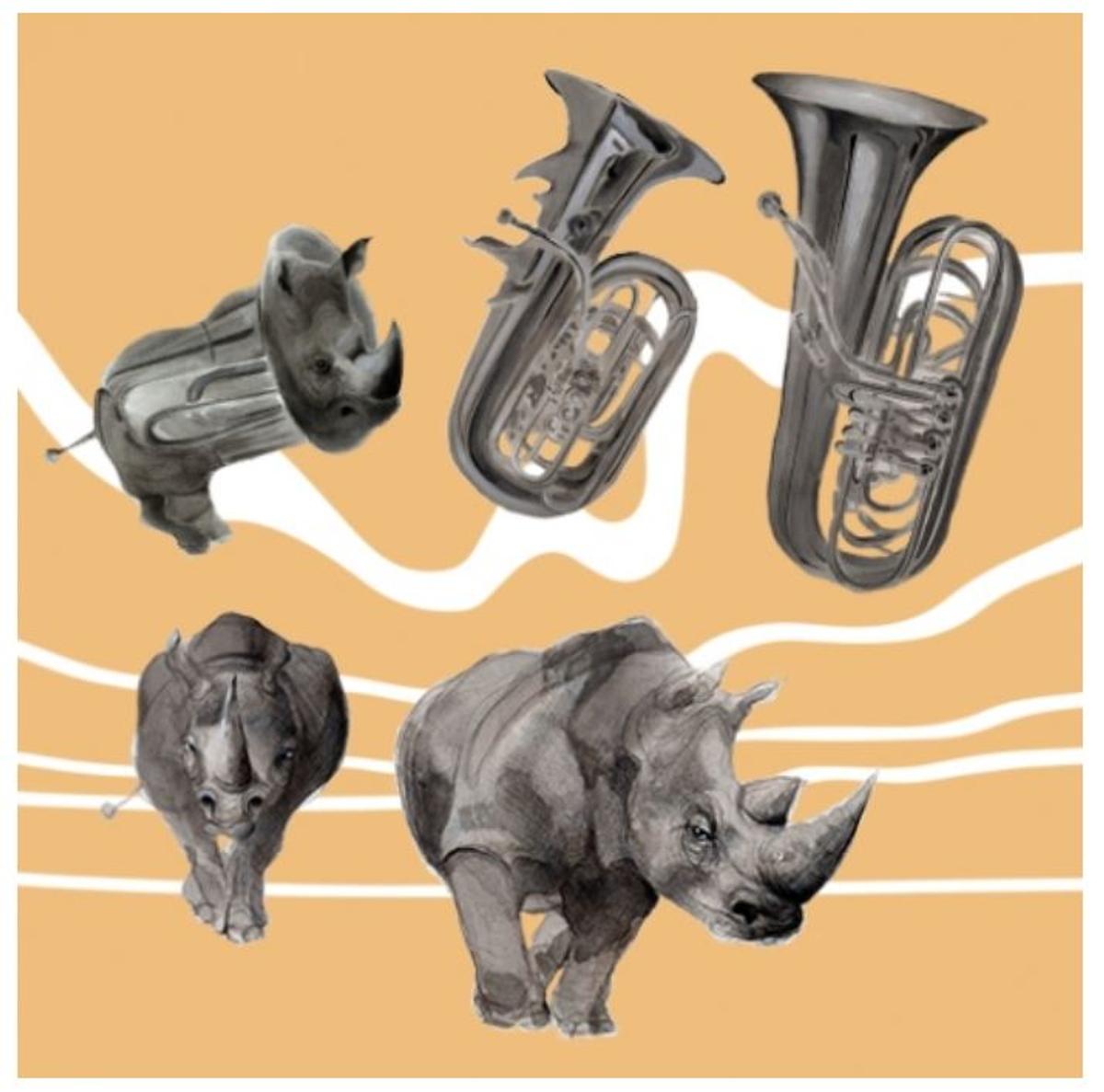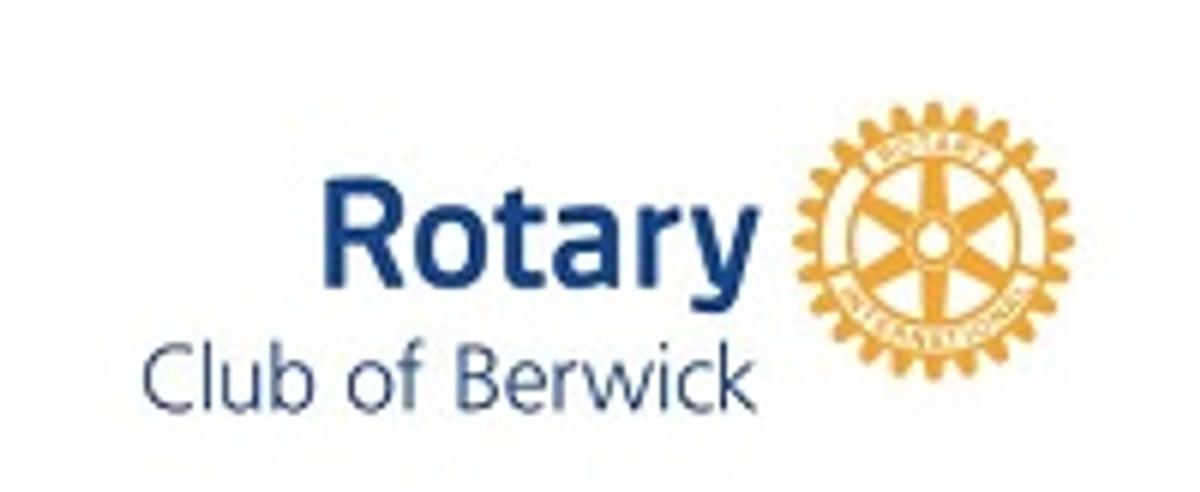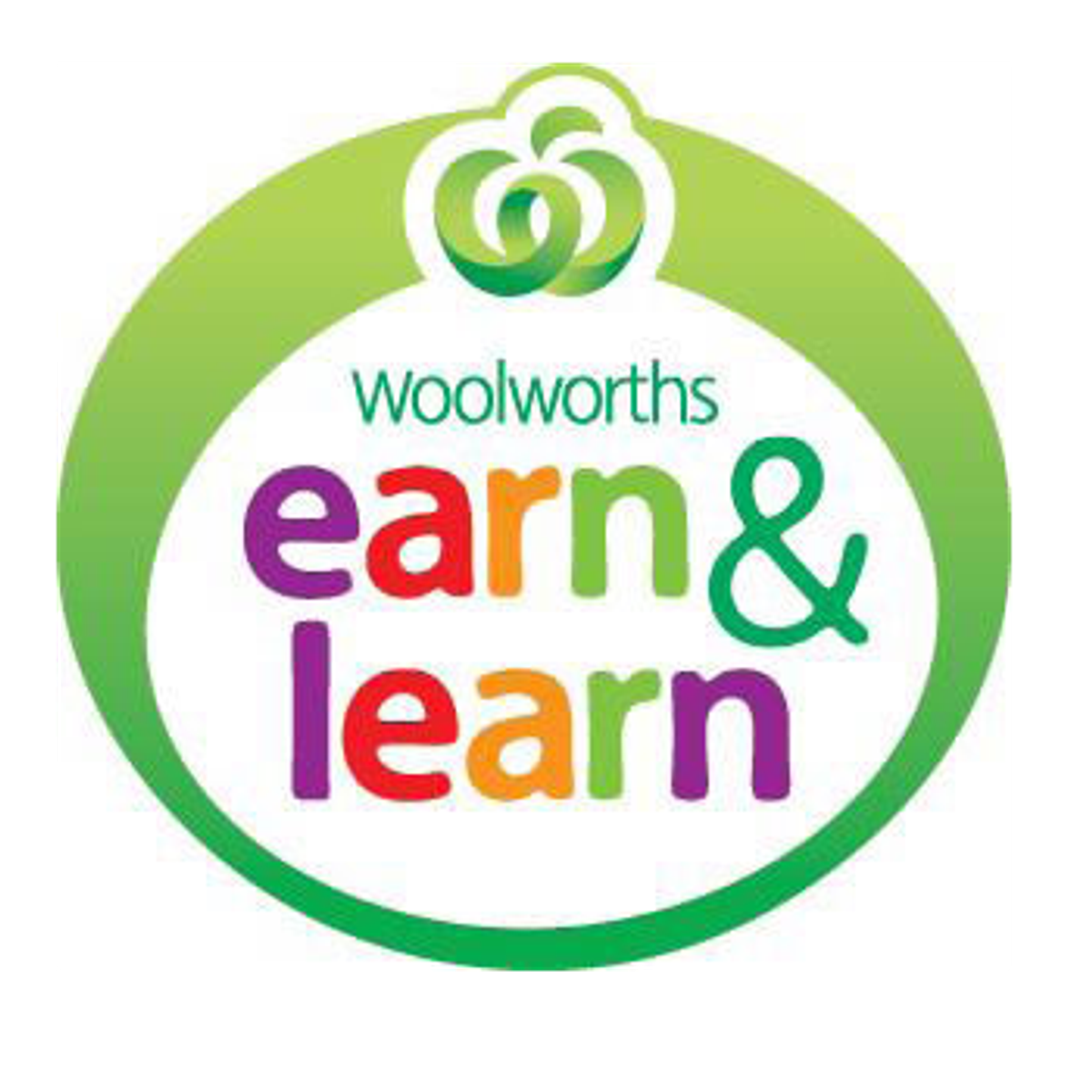General News

Term 2 Reports and the Progress Indicator
As usual at Nossal, the end of term brings with it the production of formal reports for each of our students. This quarterly opportunity for both staff and students to reflect on what has been achieved, and to identify the next steps in each student's learning journey, is important, but as with everything related to assessment it can only ever tell a partial story. Nossal's reports are explicitly designed to be “conversation starters” to catalyse discussion between
- teachers and students
- teachers and parents
- students and parents
It is not possible for any report to fully describe a particular student’s learning pathway, so Nossal’s reports attempt instead to summarise key ideas and point the way forward. Tacit in the structure of the reports, however, is the expectation that they will be part of a larger conversation about the student’s particular learning progress and needs. This further empowers the student to take ownership of their learning and to place the teacher’s advice in the broader context of their overall progress.
All parents should recently have received an email outlining the steps for logging in to Compass and accessing the Term 2 reports, which will be available from 4:00pm on Thursday 27 June. Parents new to the school will notice that in line with Nossal's focus on long term growth rather than instantaneous measures of achievement, both the Term 1 and Term 2 report information will be visible on each student's Performance Graph. In general, the ratings for Term 2 tend to be somewhat more rigorous than those awarded in Term 1, because staff have had significantly longer to work with each student and to understand both what they have learned and what they are yet to master. There have also been additional opportunities for students to demonstrate the consistency of their participation, study habits and reflective practice. Indeed, their increasing ability to reflect on their own levels of proficiency should, in principle, be reflected in an improved level of alignment between their self-ratings and the ratings of their teachers this term.
In addition to the reporting elements which were present in Term 1, the Term 2 reports will have at least one, and possibly two, additional elements. Students in VCE subjects will have an indicator showing whether their response to each unit of study has been Satisfactory (S) or Not satisfactory (N) for this semester. More information about assessment as part of the VCE is available from the VCAA website, with specific information being located in the study design for each individual subject.
All students will also see a Progress Indicator in the form of a green, amber or red dot. This indicator is designed to provide parents with an “at a glance” indication of whether they need to be worried about their student’s progress. It uses the classic traffic-light colouring (green, amber and red) for exactly this reason, but it is not to be thought of as a "grade" or assessment result.
The phrases associated with this indicator
- Green: Shown progress
- Amber: Holding steady
- Red: Has gone backwards
are in reference to each student’s INDIVIDUAL progress. It does NOT reference a student’s movement “through the ranks” of the class. For this reason, MOST students will receive a green indicator because they will have made progress since the start of the subject.
An “amber” indicator is most often used by teachers when a student is coasting; while their results are not yet suffering, if their approach to learning continues in this vein their understanding and skill development will soon lag behind that of the rest of the class, and they will find it very difficult to catch up. While they may technically still have made some progress during the term, these students are students of concern for their teacher. Parents who see an amber indicator may find it worthwhile to make contact with the relevant teacher early in Term 3 to discuss how to best support the student's further learning.
A “red” indicator is typically for those students who have simply not done the work. It is extremely rare for such an indictor to be a surprise for either the parent or the student. At Nossal, this indicator may be present because a student's studies have been significantly impacted by some external factor related to wellbeing which is known to both the family and the school. Outside of this situation, unfortunately the most common case in which a red indicator is used is for those students who have decided not to continue with a subject and who have essentially “opted out” of the learning process in that area. Naturally, this final case is not an attitude which the school endorses; every learning opportunity (whether as part of their academic classes or as part of the school's broader program) contributes to the skill development of our students, even if its relationship with a student's vocational pathway is not immediately apparent to them.
Nossal's reports are just one way for students and parents to gain an insight into the learning that has occurred so far. In the context of an adult learning environment, which has no real end point but is rather designed to establish patterns for life-long learning, they play an important role in capturing a snapshot of each student's progress, but their real value lies in the use which students make of them to refine their approach to learning in all of their subjects, adopting or embedding strategies which will enable them to keep growing as creative and critical citizens in the complex world which they inhabit.
Tracey Mackin
Assistant Principal: Curriculum & Pedagogy
Course Confirmation and the Careers and Pathways Expo
Early in Term 3, students in Years 9, 10 and 11 are given an opportunity to inform the school of their preferred subject choices for the following year. In the final week of Term 2, every student continuing at Nossal will receive a copy of the Senior Subject Handbook 2020. The handbook is a comprehensive guide to the subjects which the school is offering for 2020, the rules for progression and acceleration, and the requirements affecting subject selection at each year level. It is important that students familiarise themselves with the relevant policies, most of which are summarised on pages 6 - 9 of the handbook. It is even more important, however, for students to make use of the first weeks of Term 3 to talk extensively with the teachers of the subjects which they are interested in pursuing, and to be clear about the reasons behind their subject selections. Students are more likely to excel in subjects which they enjoy, and for which they have an established aptitude, but it can be difficult for students to assess either of these aspects when faced with subjects which they have not been exposed to before (as with many VCE subjects). For this reason, we also encourage students to take advantage of the opportunities in Years 10 and 11 to "test out" subjects which sound interesting or appealing to them. Not every subject undertaken at school has to lead to a known university degree; each will contribute valuable skills and insights to those who study them with care and dedication.
Students sometimes allow their decision making to be swayed by external factors at this time, including rumours or precedent. It is important to understand that the school's decision-making about which subjects actually run in 2020 is based very strongly on the preferences which the students enter during the course confirmation process. Just because a subject did not run in 2019, this does not mean it will never run again. Staffing and timetables are constructed in response to student demand. This is, again, an argument for students to put in their FIRST preferences at this time. If it is not possible for the school to offer their preferred course, they will be offered personal subject counselling later, but they will certainly not get their preferred course if they don't make their preferences known!
In an attempt to ensure that all students are as fully informed as possible, a number of additional sources of information are provided to them. These include the VTAC guides relevant to their year levels, which indicate the pre-requisites for various university courses in the year they will be entering them, and for Year 9s a number of classes and presentations within their 9Time curriculum to help them understand their options. Both Year 9 and Year 10 students are also required to have representatives from each domain "sign off" on a "passport" at the back of their Senior Subject Handbooks to ensure that they have talked to the experts in each subject area about what to expect of each course.
Finally, all students (including our Year 12 students, for whom university entrance is fast approaching) are invited to attend the annual Careers and Pathways Expo on Thursday 25 July between 4:00pm and 8:00pm. The Expo is attended by representatives from a significant number of tertiary providers who are eager to discuss future pathways with our students. There are also areas designated to each learning domain where teaching staff will be on hand to answer specific questions from students and their parents. A flyer for the event is attached to this article, and a full program will be made available early next term.
Included in the email about Term 2 reports which was recently sent to parents was a request that all parents of students currently in Years 9 and 10 make an appointment to attend Course Confirmation Day on Wednesday 31 July. These interviews are an opportunity for parents and students to confirm proposed courses for 2020, and to ensure that these preferences are correctly entered into the school's systems so that they can be used to craft the next year's subject lists and timetable. Only one appointment is required per student, and there is no need to be concerned about which teacher you will be speaking to; all staff will be trained in the subject selection guidelines for the year level to whom they are giving advice.
Current Year 11 students typically have few new decisions to make, so while they are very welcome to make an appointment for Course Confirmation Day and to speak to a staff member about their courses, they are also permitted to submit their subject preferences online without a formal interview. These students should pay particular attention to the submission process and the due dates outlined on the back cover of the Senior Subject Handbook 2020.
We look forward to the opportunity to discuss our students' aspirations and preferences with them in the coming weeks, and strongly encourage them to make their choices based on their own abilities and preferences. Learning can and should be a joy, but it will only be so if the student has the courage to choose those subjects which genuinely appeal to them. While it is understood that certain constraints exist in relation to university pre-requisites and the like, we also encourage our students to look beyond the mainstream and to remember that in every area of human endeavour, there are individuals doing high level thinking and producing work which demonstrates the astonishing heights to which we are capable of rising.
Tracey Mackin
Assistant Principal: Currculum & Pedagogy
The Little Mermaid - perspectives from the production team
After many months of hard work and preparation by Mr Woon, Ms Denman, Ms Desaulniers, Ms Webster, Ms Faulkner, Ms Waddington, Mr Patterson, Mr Lim, Ms Howarth, and countless other people, The Little Mermaid was performed last week. So many props had to be made, so many lines had to be memorised, so many songs had to be blocked out, that often it felt like doing a musical was too daunting, but in the end it was all put together to create an amazing show.
Everyone worked exceedingly hard, but there are some people who really went above and beyond their roles. Riya was an amazing Mersister who managed to whip up all the other Mersisters into shape and keep them on time. Ms Faulkner helped the Mersisters with their harmonies and singing, and without her they could not be the fabulous superficial mermaids they were. Ms Waddington and the orchestra were really amazing at their part, and Ms Waddington still managed to bear with all the actors as they were out of time at least once too much during rehearsals. Jack and Dani were amazing Drama Captains, with Dani always working to improve her part, which she was flawless in portraying, and Jack always calm and in control of backstage, fixing things whenever they went wrong. Ms Webster spent a lot of hard time creating amazing Mersister wigs, Savindee was marvelous with figuring out everyone’s makeup, and who could forget Mr Woon and Ms Denman working around the clock to put this musical together, even when Mr Woon suffered an injury to his knee. We’re all super proud of our cast, some of whom we’d never thought we’d see on stage. Production was an amazing experience, and I can’t wait to come back next year!
Lydia Schuller
Year 10
My name is Armaan Singh Sandhu, and I was part of the chorus for the 2019 musical production, The Little Mermaid.
Production has been one of the most exhilarating and exciting events that I have experienced this year. Having not been in any shows or performances before, I stepped out of my comfort zone, signing up to be part of something different for a change. The main thing that I got out from being part of the production was the new friendships that flourished and the new skills that I learnt. At the commencement of the rehearsals, I did not know anyone, but it has been a long and an anfractuous road since, and I eventually got to know other members, and have since made a great number of new friends, especially in other year levels.
Production has also been an extremely enjoyable experience, posing as a break from the everyday stresses of school life. At first, the production seemed like a tangled mess, with not many people (including me) attending rehearsals and not learning our lines. However, when Mr Woon sustained an injury in his knee, causing him to be on crutches, we all felt that we had to do our very best as we felt very sorry for his condition. We decided that it was now up to us to go that extra mile beyond his expectations along with Mrs Denman and to ensure that the production was a success. The production underwent rapid improvement as the date of the performance approached nearer. We only started rehearsing with the orchestra two weeks prior to the date of the performance, and only started rehearsing with the props and the backstage crew one week prior. Thankfully, we managed to pull it off beautifully with no hiccups and managed to get this show on the road. Now that the production is over and done with, I have a mixed feeling of a little sadness and relief. Since it was such an enjoyable experience, I see myself wanting to be a part of it again for the remainder of my Nossalonian years.
Armaan Singh Sandhu
Year 9
Carnival of Dangerous Creatures
On Thursday 13 June a group of more than 30 Year 9 Music
Performance students made their way to Hamer Hall to hear the Melbourne Symphony Orchestra present their concert Carnival of Dangerous Creatures. The students were led through a discussion of musical tone and how this is utilised by composers to evoke images and emotions, and were asked to recognise how this process related to the natural "biophony" which can be experienced when we are immersed in particular environments. The concert included music by Michael Hindson and Camille Saint-Saëns, and was narrated by composer Thea Rossen. A highlight for students was the privilege of being present for the world premier of a piece by Rossen which evoked the environment of the Great Barrier Reef and the impact of climate change on one of Australia's most loved landscapes. For many of our students, this was the first opportunity to be present for a live performance by an orchestra of this type, and the musicians certainly impressed with their skill and their good humoured engagement with the music. I'm sure I echo the students in thanking Mrs Nancy Waddington for her efforts in enabling this opportunity for our performing arts students.
Year 11 Careers: Mock Interviews
In Term 1, our Year 11 students did significant learning about the process
of applying for work, including seminars on how to write an effective CV and cover letter, and workshops modelling the interview process. On 17 and 18 June, many of them were able to put this preparation into practice. The documents which they produced in Term 1 formed the basis of a series of mock job interviews conducted by members of the Rotary Clubs of Berwick and other local groups. The students attended school in professional attire, and underwent a formal interview by people well versed in the process of hiring and firing. Nossal High School would like to acknowledge and thank the members of Rotary who contributed to this round of interviews, especially Mr David Collyer from the Rotary Club of Berwick who coordinated the volunteers. The opportunity to experience a more authentic interview process than is possible when interacting with the school's teaching staff (with whom the students tend to already have positive relationships) is an invaluable one, and one which will no doubt stand our students in good stead as they progress through their early experiences in the job market. Those students unable to undertake their interviews at this time will have an opportunity to do so later in the year.
Earn & Learn Stickers
Nossal is participating in Woolworths Earn and Learn again this year. From now until the 25 June, you can get one sticker for every $10 spent at Woolworths. A collection box is located at reception for stickers, then at the end of the promotion, our school can choose from a range of educational resources (the more stickers, the greater value of resources).
So if you shop at Woolies, please ask for your stickers and bring them in to school!
Keep up to date with Nossal
Are you following our social media channels?
While we post notifications on Compass, send home emails and/or text messages when important events and information need to be shared with our families and community, and keep you informed about what has happened with our fortnightly newsletter, Nossal also has a number of social media pages which we use for reminders and also to share exciting news.
If you don't already follow us though one of these, please consider joining or liking our pages and get all the reminders and news we share on social media!
Follow us at:
Did you know?
Did you know our newsletter can now be translated into a number of different languages? This is a relatively new feature of the software program we use and can be turned on or off using the language selector in the lower left corner of each page.



